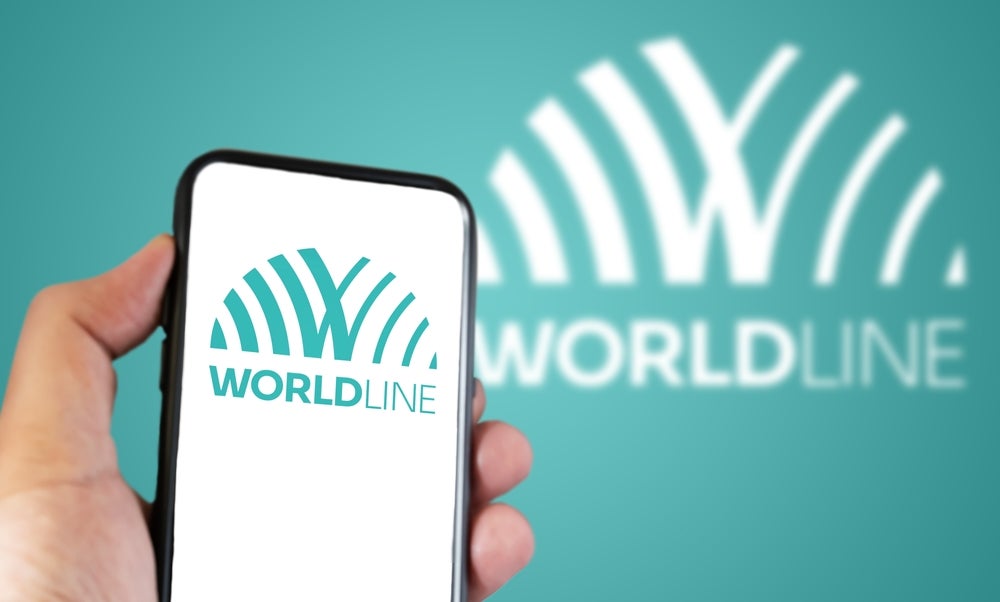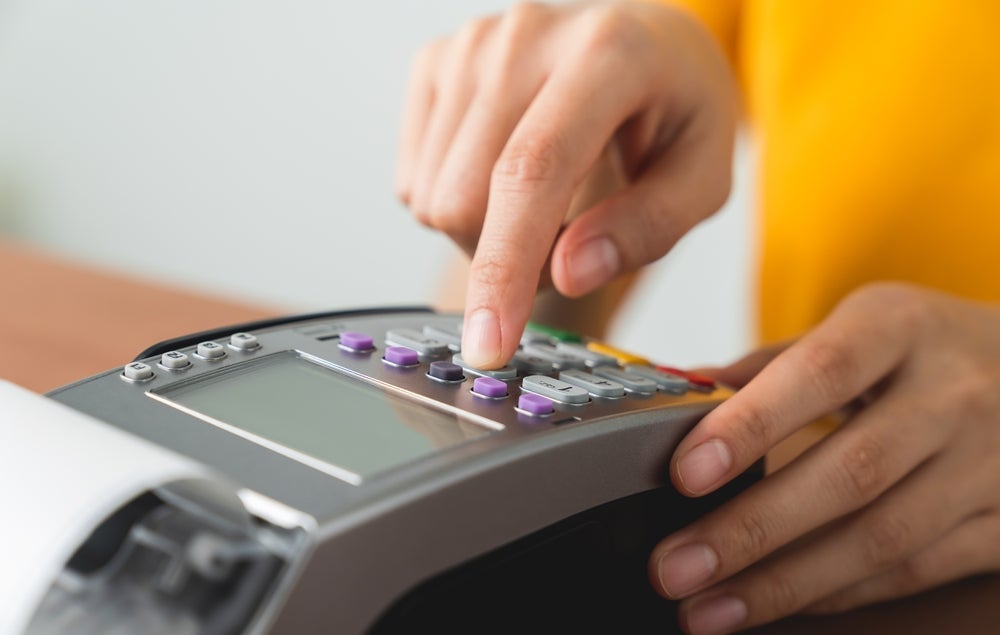The Dutch are traditionally debt-averse consumers, so while the country’s card payments market is highly mature, use of debit cards is far more widespread than pay later options, according to GlobalData. With the Chipknip smart card system now discontinued, alternatives such as iDEAL are coming to the fore
The Dutch payment cards market is mature, with a high penetration rate of 1.9 payment cards per inhabitant in 2016.
Use of payment cards in the Netherlands increased between 2012 and 2016, supported by infrastructure modernisation, growth in the retail and e-commerce sectors, and a growing preference for contactless payments.
The Dutch payment cards market is dominated by debit cards, as consumers perceive them to be more secure, cost-effective and consumer-friendly. Pay later card payments are significantly less popular, as a result of a general cultural aversion towards debt.
 Debit cards maintain stranglehold
Debit cards maintain stranglehold
The debit card penetration rate stood at 157.2 cards per 100 individuals in 2016, which is high compared to Luxembourg (125.4), Switzerland (122.4), Austria (114.6), Greece (110.1) and Ireland (104.7).
Debit cards remained the most widely used payment card type, accounting for 90% of the total payment card transaction value in 2016. The migration of low-value cash transactions to debit cards was a key trend during the review period; according to the Dutch Payments Association, transactions with values under $11.20 (€10) accounted for 40% of the total debit card transaction volume in 2015.
How well do you really know your competitors?
Access the most comprehensive Company Profiles on the market, powered by GlobalData. Save hours of research. Gain competitive edge.

Thank you!
Your download email will arrive shortly
Not ready to buy yet? Download a free sample
We are confident about the unique quality of our Company Profiles. However, we want you to make the most beneficial decision for your business, so we offer a free sample that you can download by submitting the below form
By GlobalDataUse of debit card payments increased over the past five years following various initiatives taken by regulators. The nationwide campaign launched in 2013 – Debit card? Yes, please! – raised levels of public awareness for using debit cards for low-value transactions.
The Dutch Payments Association also provides promotional material to consumers to encourage debit card payments.
In 2014, the Dutch Payments Association allowed businesses to use display boards to inform customers that terminals can accept contactless payments. The campaign used both traditional and digital media to raise overall consumer awareness.
In addition, banks and retailers jointly launched the Pin & Win campaign, which rewarded consumers who used debit cards for in-store payments.
In another move, banks and other financial service institutions signed the Nadere Overeenkomst II agreement in September 2014, which aims to reduce cash use by 2018 by converting cash transactions to debit transactions.
 Contactless gains prominence
Contactless gains prominence
The Netherlands has recorded an uptake in contactless payment cards since the introduction of Nadere Overeenkomst II. The number of contactless cards rose from eight million in 2014 to 19.6 million in 2016, and is forecast to reach 31.7 million by 2021.
To benefit from this trend, ABN Amro replaced all its payment cards to ones with contactless functionality in December 2015. In a similar move, ING Bank and Rabobank are in the process of replacing old cards with contactless-enabled payment cards.
With a growing consumer preference for contactless payments, retailers are installing associated POS terminals. According to the Dutch Payments Association, there were 123,000 contactless POS terminals in the country by December 2015, compared to 56,000 in December 2014.
iDEAL: the largest alternative service
iDEAL remains a market leader of Dutch third-party payment services.
The company serves 10 million customers and through 100,000 merchants, and an average of 13 million iDEAL payments are made per month. The channel accounts for 56% of online transactions.
Users do not need to register with iDEAL to process payments if they bank online with ABN Amro, ASN Bank, bunq, ING Bank, Knab, Rabobank, RegioBank, SNS Bank, Triodos Bank or Van Lanschot Bankiers.
Overall, the number of iDEAL transactions increased from 93.9 million in 2011 to 222.1 million in 2015. The service is offered by 10 issuing and seven acquiring banks, as well as 58 payment institutions known as Collecting Payment Service Providers.
 Declining prepaid cards market
Declining prepaid cards market
The number of prepaid cards in circulation decreased between 2012 and 2016, mainly as a result of the phasing out of Chipknip cards – a trend that is expected to continue over the next five years.
In the wake of declining transactions and the emergence of innovative new payment systems, Currence, the owner of Chipknip, decided to phase out the payment card system from 1 January 2015, after 19 years of existence.
The decision to discontinue the cards was taken during the first quarter of 2013, after consultation with banks and stakeholders, as their use at retail stores had almost ended by the end of 2013, with just a few exceptions. Furthermore, there were no reloading points for the cards in the country as of 2014.
The number of Chipknip transactions declined from 172 million in 2011 to 76 million in 2014, before the cards were completely phased out. Similarly, the value of transactions also declined from $479.2m in 2011 to $185.1m in 2014.
The total number of Chipknip-accepting terminals decreased from 105,000 in 2006 to 17,757 in 2014.


 Debit cards maintain stranglehold
Debit cards maintain stranglehold Contactless gains prominence
Contactless gains prominence Declining prepaid cards market
Declining prepaid cards market




